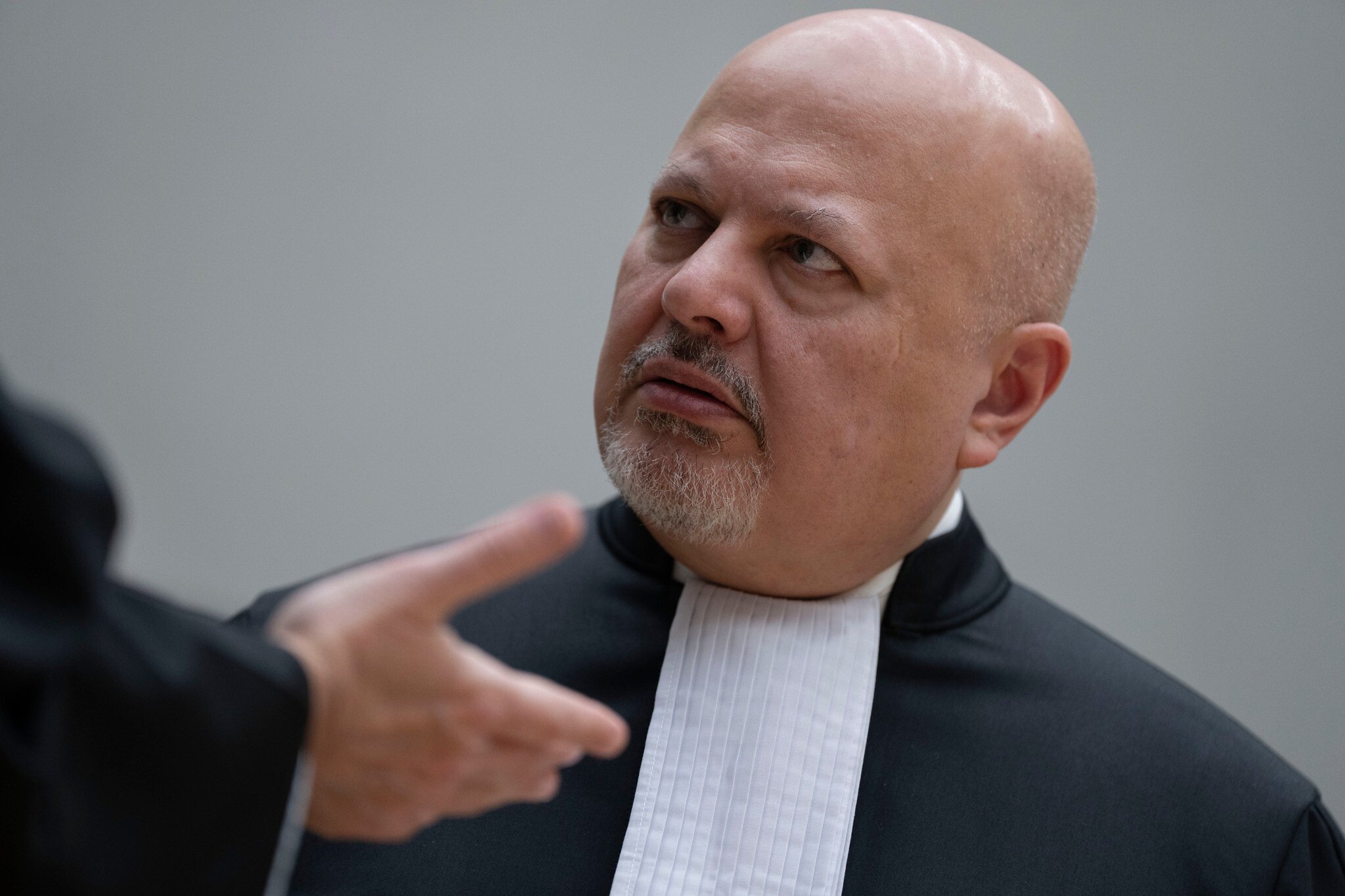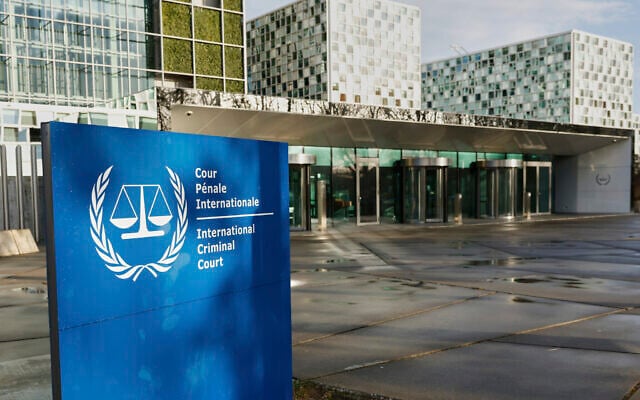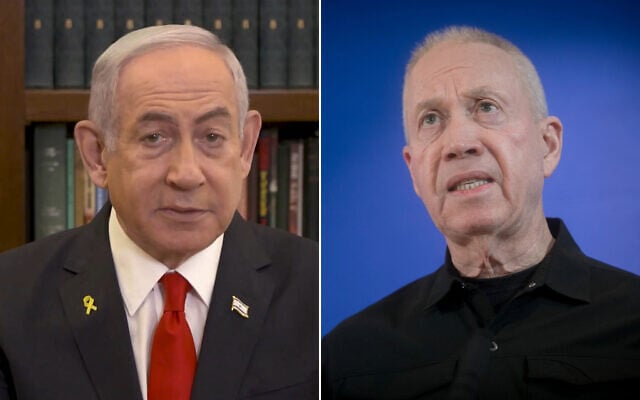



WASHINGTON – A federal judge blocked on Friday the enforcement of US President Donald Trump’s executive order targeting those who work with the International Criminal Court.
The ruling follows an April lawsuit by two human rights advocates challenging Trump’s February 6 order authorizing potentially far-reaching economic and travel sanctions on people who work on ICC investigations of US citizens or US allies, such as Israel.
In her ruling, US District Judge Nancy Torresen called the executive order an unconstitutional infringement on free speech.
“The executive order appears to restrict substantially more speech than necessary to further that end,” she wrote.
“The executive order broadly prohibits any speech-based services that benefit the prosecutor, regardless of whether those beneficial services relate to an ICC investigation of the United States, Israel, or another US ally.”
The White House and the ICC did not immediately respond to requests for comment.

The February executive order imposed sanctions on ICC Chief Prosecutor Karim Khan, who is British. The US treasury department’s Office of Foreign Assets Control also place him on Washington’s list of “Specially Designated Nationals and Blocked Persons,” barring him from doing business with Americans, placing restrictions on his entry into the US, and freezing his US-based assets.
The ban applies to other non-Americans among the ICC’s 900 staff members from entering the United States.
US citizens who provide services for the benefit of Khan or other sanctioned individuals could face civil and criminal penalties, according to the order, which has been condemned by the ICC and dozens of countries.
Khan stepped aside in May pending an investigation into alleged sexual misconduct, which he has categorically denied. A United Nations investigation is underway, and Khan has since been accused of retaliating against staff who supported his accuser, including demoting several people he felt were critical of him.
Trump’s order said the court in The Hague had “abused its power” by issuing the arrest warrant for Prime Minister Netanyahu and then-Defense Minister Yoav Gallant. The order also said the tribunal had engaged in “illegitimate and baseless actions targeting America,” referring to ICC probes into alleged war crimes by US service members in Afghanistan.
Khan was the first person to be hit with economic and travel sanctions authorized by Trump that target the war crimes tribunal over his decision to file arrest warrants on November 21, 2024 against Netanyahu and Gallant for alleged war crimes amid the war in Gaza, including “starvation as a method of war.”
Israel rejects the jurisdiction of The Hague-based court. It also insists that its fighting in Gaza has accorded with international law, citing measures it has taken to avoid civilian casualties and to facilitate the entry of humanitarian aid. It is contesting the warrants against Netanyahu and Gallant.

The court also issued warrants for Hamas terror chiefs Yahya Sinwar, Mohammed Deif and Ismail Haniyeh for crimes against humanity during the October 7, 2023, onslaught — in which some 5,000 Hamas-led terrorists killed some 1,200 people and took 251 hostages, starting the war — and beyond, but withdrew the warrants after all three were killed by Israel in separate incidents.
The Trump administration also imposed sanctions earlier this month against UN rapporteur for Palestinian rights Francesca Albanese.
US Secretary of State Marco Rubio said the step against Albanese, an outspoken critic of Israel who has been accused of antisemitic and pro-terror rhetoric, was taken in light of “her illegitimate and shameful efforts to prompt International Criminal Court action against US and Israeli officials, companies, and executives.”
In June, the US administration imposed sanctions on four judges at the ICC in retaliation for the war tribunal’s issuance of the arrest warrants and a past decision to open a case into alleged war crimes by US troops in Afghanistan.
Two of the judges, Beti Hohler of Slovenia and Reine Alapini-Gansou of Benin, took part in proceedings that led the court’s chief prosecutor Karim Khan to issue in November arrest warrants against Netanyahu and Gallant.
The court’s governing body, which represents its 125 member states, condemned the US government’s decision to retaliate against judges.
“These … are regrettable attempts to impede the Court and its personnel in the exercise of their independent judicial functions,” the Presidency of the Assembly of States Parties said at the time.
